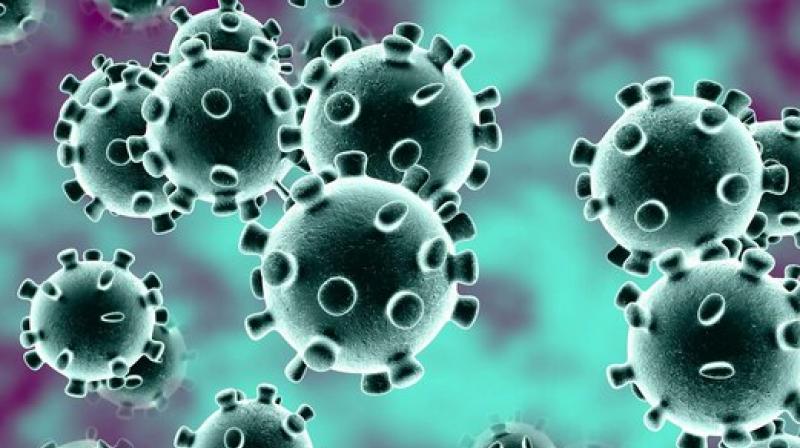Lab-grown mini human organs may play key role in Covid19 drug development: Scientists

New Delhi: An emerging technique that uses lab-grown tiny human organs to study viral diseases can accelerate research on the novel coronavirus, and pave the way for new COVID-19 therapies, leading scientists say.
"Organoids, are lab-grown organs, which closely resemble human tissues that are relevant for disease,” Josef Penninger, Director, Life Science Institute at the University of British Columbia (UBC) in Canada, told PTI.
In these human organ-like structures, Penninger said, scientists are beginning to perform more experiments to explore how the SARS-CoV-2 virus replicates in hosts, or even test vaccines and drugs against COVID-19.
Cultured from undifferentiated cells in the human body called stem cells, he said, these tiny organs contain cells which are also present in a "real" human organ.
For instance, organoids of blood vessels are perfect mini versions of the vascular tissue, made up of an empty cavity, cells that stabilise it, and a membrane wrapped around and keeping it all together, Penninger explained.
Similarly, the scientist said, kidney organoids have multiple cell types found in a normal kidney, including those expressing the ACE2 receptor which acts as an entry gate for SARS-CoV-2.
According to Penninger, research using organoids can open new doors for studying COVID-19 symptoms.
The tiny organs have previously helped scientists understand how the Zika virus, an emerging mosquito-borne pathogen, causes smaller head size, and intellectual disability in developing newborns.
Infection of brain organoid models with Zika virus revealed which cells were affected, and resulting neurological disorders, noted a study published last year in the journal Viruses.
But even now, preliminary experiments on viral infection use only mouse models or lab-grown animal or human tissues, which do not possess the complexity seen in human organs, Penninger said.
"For studying infectious diseases, the commonly used lab models are vero cell lines which are derived from monkey kidneys, and colon cancer cell lines, but these do not fully capture what happens in humans," Shuibing Chen, stem cell biologist from Cornell University in the US, told PTI.
While scientists also study SARS-CoV-2 infection in mice, Chen said the rodents do not have the same human version of ACE2 -- the SARS-CoV-2 'gateway' receptor.
Organoids can help overcome these limitations, she said, adding that they can change how scientists understand and test potential COVID-19 therapeutics.

